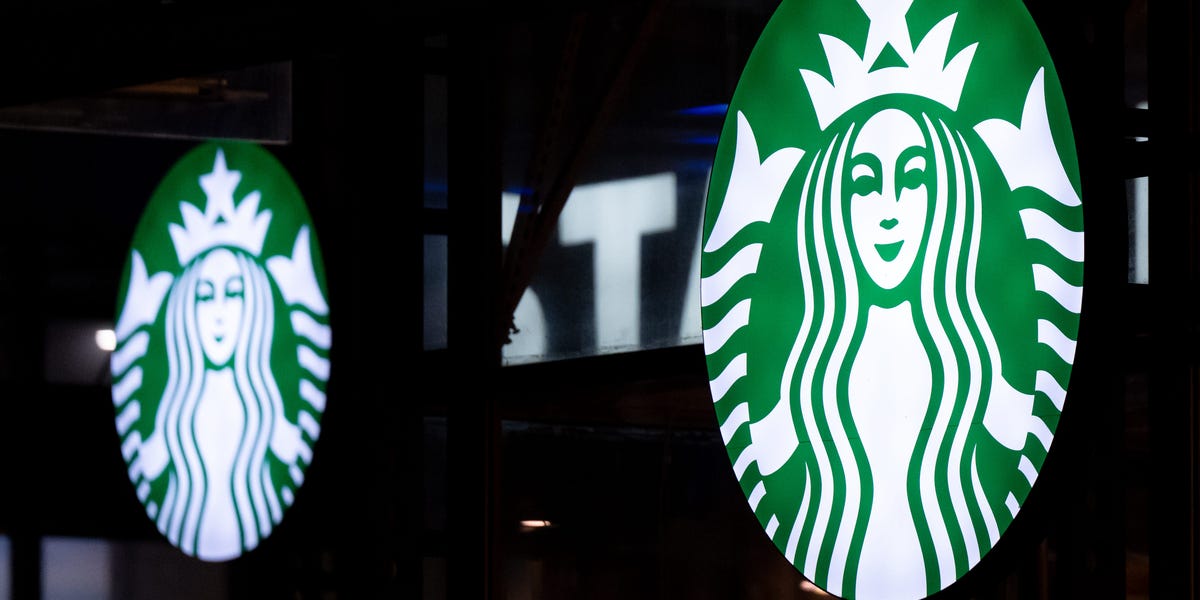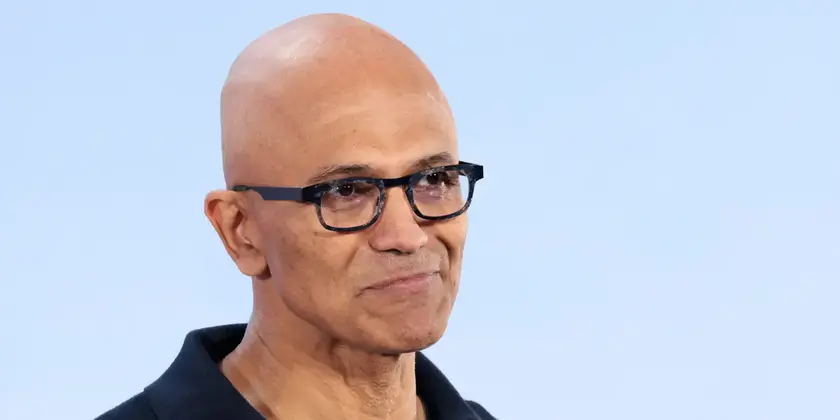T4K3.news
Office return policy update
Several firms push for five days in the office; monitoring tools tighten enforcement.

As firms push for in-person work, employees push back with new tactics that test return-to-office plans.
Return to Office Push Meets Resistant Workforce Across Wall Street and Tech Giants
Big companies are asking workers to come back to offices. In response, some employees use coffee badging to limit their in-person time. They show up to grab a coffee and greet colleagues, then work from home. A recent report says three-quarters of companies complain about this behavior. Samsung set up a monitoring tool to track attendance and stop coffee badging. Amazon has held one-on-one talks with repeat offenders.
Google now requires at least three days a week in the office. TD Bank asks for four days. JPMorgan Chase leaders have warned that homeworking can hurt younger workers. The federal government is pushing for more in-person work. For the first time since the pandemic, more than half of Fortune 100 employers expect five days a week in the office.
Key Takeaways
"The young generation is being damaged by this"
Jamie Dimon remarks about the impact of homeworking
"The 'compliance tool' makes sure staff are turning up as often as expected and also prevents 'lunch/coffee badging'"
Samsung memo describing the monitoring approach
"Coffee badging is the most popular trend"
Article describing the office habit
"We are speaking directly with employees who haven't regularly spent meaningful time in the office"
Amazon spokesperson quote about outreach
This push shows a clash between the promise of hybrid work and the social value of face-to-face contact. Young workers say office time helps their careers, while leaders worry about losing collaboration. The risk is that heavy monitoring could damage trust and hurt morale.
Policy choices here will shape hiring, real estate, and city life for years. If more firms require five days or use strict monitoring, workers may seek jobs elsewhere. The trend could widen gaps between big firms and smaller ones and influence where people choose to live and work.
Highlights
- Coffee badging is the most popular trend among workers
- The young generation is being damaged by this
- We are speaking directly with employees who haven't spent meaningful time in the office
- The compliance tool enforces attendance and blocks lunch badging
Backlash and privacy concerns around return to office mandates
The move toward mandatory in-person attendance and monitoring can raise privacy concerns, risk worker backlash, and attract investor scrutiny. It also intersects with budget and political signaling on labor policy.
The office debate is far from settled and will shape work culture for years to come.
Enjoyed this? Let your friends know!
Related News

Starbucks workers protest new RTO mandate

Microsoft Plans Stricter Return to Office Policy

Trump administration increases immigration enforcement in sanctuary cities

Texas Governor Abbott threatens Democrats with removal

XRP Set for 20% Price Rally Amid Regulatory Changes

Bitcoin reaches record high ahead of Trump's inauguration

AT&T CEO issues strong message on employee engagement

UN warns Gaza faces starvation
